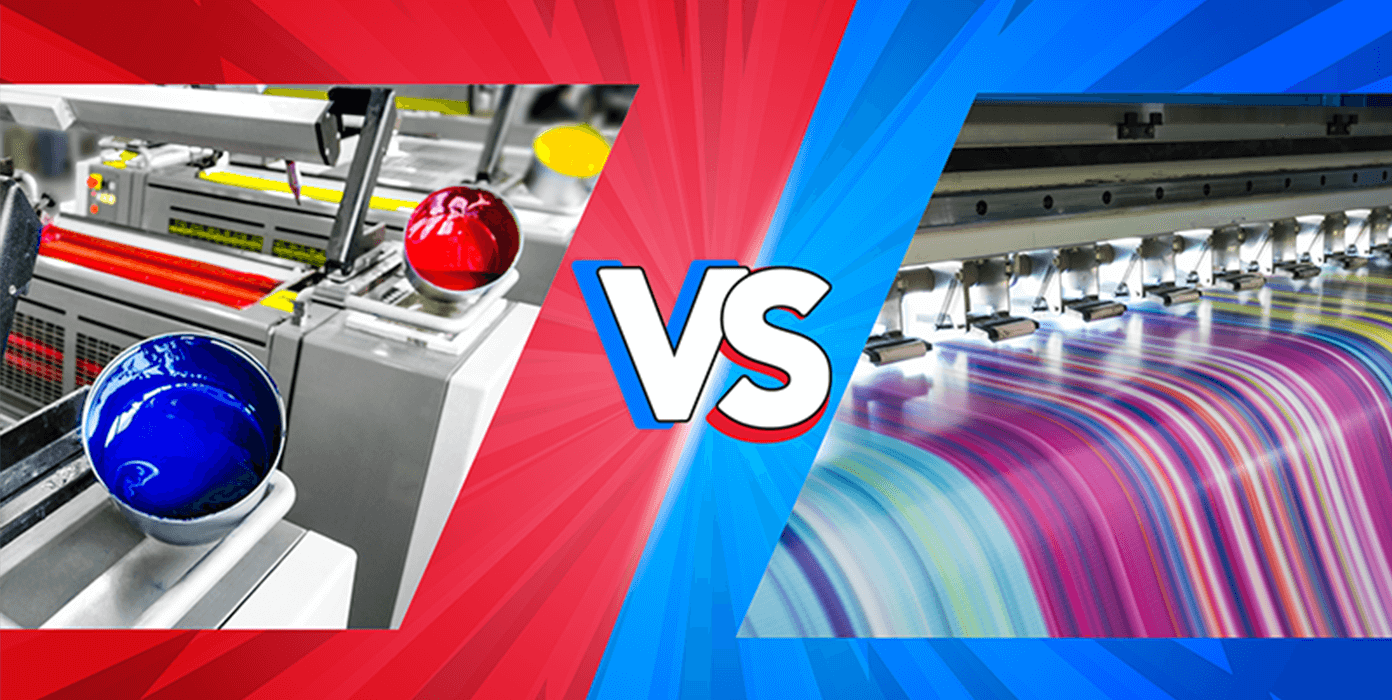Facts About Digital Printing Uncovered
Facts About Digital Printing Uncovered
Blog Article
All About Digital Printing
Table of ContentsThe Main Principles Of Digital Printing The smart Trick of Digital Printing That Nobody is DiscussingDigital Printing - The FactsThe Definitive Guide for Digital PrintingThe Only Guide for Digital Printing5 Easy Facts About Digital Printing ShownSome Ideas on Digital Printing You Should KnowDigital Printing Things To Know Before You Buy
Personalization also enables businesses to attract attention in a jampacked market by creating special marketing products that distinguish them from their competitors. One of the major benefits of electronic printing is the capability to print variable information. Each published item can be distinct, permitting organizations to create individualized marketing products that talk straight to their target market.Digital printing likewise enables for modification in the layout of advertising materials (Digital Printing). With electronic printing, organizations can develop styles that are unique and customized to their certain requirements.
Top Guidelines Of Digital Printing
By printing smaller amounts of advertising products, organizations can reduce waste and avoid the demand for excess supply. Digital printing is additionally functional.
By making use of various materials and styles, services can create one-of-a-kind advertising materials that attract attention from their competitors and stand out from their target market. Digital printing also provides uniformity. With conventional printing approaches, there is commonly variation between prints due to distinctions in ink coverage, stress, and various other elements.
This consistency can help develop consumer depend on and credibility, showing that the company is devoted to giving top notch materials. Consistency is especially important for services that wish to develop client count on and reliability. By making certain that every print corresponds, businesses can show that they are committed to providing high-grade products and taking notice of the information.
A Biased View of Digital Printing

On top of that, electronic printing produces much less waste due to the fact that it can print as needed and in smaller sized amounts, reducing the demand for excess supply and materials. Digital printing likewise utilizes much less energy contrasted to standard printing techniques. Digital printers do not call for as much energy to operate, as they do not need to warm up as much or make use of as much power to run.
6 Easy Facts About Digital Printing Explained

Offset printing needs a plate for each shade printed. Traditional offset printing is a print technique that uses aluminum plates to transfer ink onto a rubber sheet (commonly referred to as a "covering"). The picture is then rolled onto the printing surface. This printing method is thought about "countered" because the ink is not transferred to the paper directly.
Top Guidelines Of Digital Printing
Offset printing permits for a large variety of print products to be used throughout production. The high-grade photos created via balanced out printing make it the favored method, specifically among graphic developers, when looking for the biggest shade reproduction, detail, and professional-looking prints.
The basic printing method stays countered. For digital inkjet printing, ink is transferred straight onto the surface. Rather than relying upon aluminum plates and rubber coverings to move an image, electronic printing uses liquid ink throughout production. Conventional home inkjet printers are one of one of the most common electronic printing methods.
Things about Digital Printing
Since balanced out printing can blend custom shade inks for navigate here each job, it will naturally get the colors spot-on. Count on countered printing for tidy, unique types and photos without touches or spots.
It sets you back a whole lot to begin a balanced out job. You have to spend money right into creating home plates, which takes time. When you've spent it, all of the materials are ready to go, and you'll invest much less on huge balanced out work than an electronic print, which is regarding the very same per item no matter just how large the work gets.
Digital printing is less pricey for low-volume jobs. The rate per device drops for digital printing, so at some factor, they crisscross. Changing details within a solitary print task.
All About Digital Printing
While electronic printing or inkjet printing is the preferred option in today times, there are compelling reasons to convert from balanced out to electronic printing systems. Get In Touch With Kao Collins regarding shade matching and custom formulas. When publishing offset or digitally, vital decisions and procedures are entailed in shade matching. If it has a visuals overlay or consists of a label, it will certainly have shades.
Whichever the situation, the shade will need to be matched. Shade matching of electronic printer ink is no longer challenging with dyes and pigments. Industrial inkjet printing supplies versatility read review for printing on several substratums. Digital printing is excellent for customers that do not call for longer runs and warehousing materials.

One advantage of digital printing is picking from a variety of electronic substrates. With balanced out printing, substrates make up, on standard, 30% of the cost of the job. With digital printing, the cost of the substratum in the total work is minuscule. This permits for even more choices than ever, and that's excellent for marketers and companies.
What Does Digital Printing Mean?
drop-on-demand is the 2nd printing technology to take into consideration. Continuous inkjet systems need significant upkeep, more driver training, and greater downtime. Nonetheless, equipment expenses in inkjet printing are far less than countered printing as there are no plate-making, plates, here and press costs. Beyond the capital expenditure, the prepress equipment and printing machine call for highly proficient drivers in offset printing, which adds labor prices.
Report this page